- Home
- entertainment
- All Harper Lee wanted was to be 'the Jane Austen of South Alabama' - here's how she accomplished that and so much more
All Harper Lee wanted was to be 'the Jane Austen of South Alabama' - here's how she accomplished that and so much more
Lee grew up in Monroeville, a small town in Alabama.

She didn't believe in studying to become a writer.
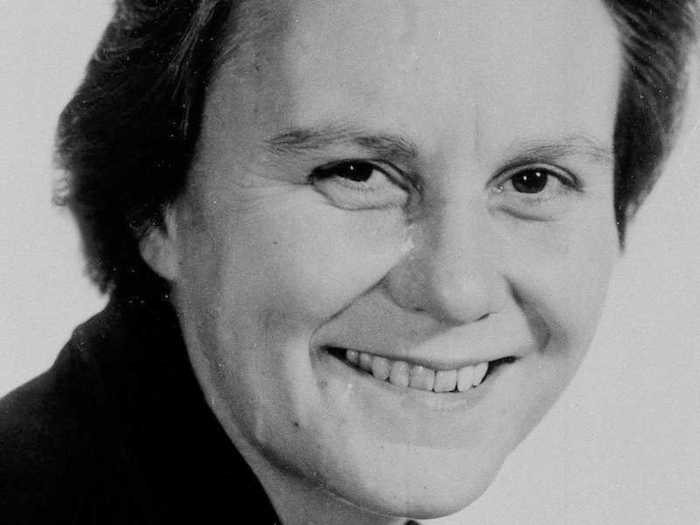
Lee went on to study law in college, but dropped out of Law School at the University of Alabama six months before completing her studies to become a writer in New York.
"Another way they fool themselves is when they study to be writers," Lee said of aspiring creative writers. "They are training themselves, in colleges, to be writers. Well, my dear young people, writing is something you'll never learn in any university or at any school. It's something that is within you, and if it isn't there, nothing can put it there."
If it weren't for a generous gift, she may never have had the time to write 'To Kill a Mockingbird.'
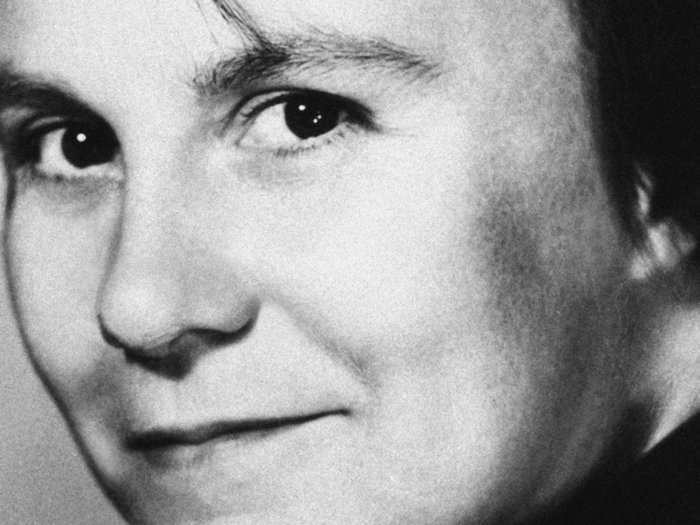
After moving to New York in 1949, Lee worked as a ticket agent for British Overseas Airways Corporation while pursuing her writing career.
In 1956, after lamenting that she was having trouble balancing her job and finding time to write to her friends Michael and Joy Brown, they gave Lee an entire year's salary so she could take time to write whatever she wanted as a Christmas present.
She used this time to work on a manuscript that eventually became "To Kill a Mockingbird."
Lee honed her ability to create character sketches as Truman Capote's research assistant.
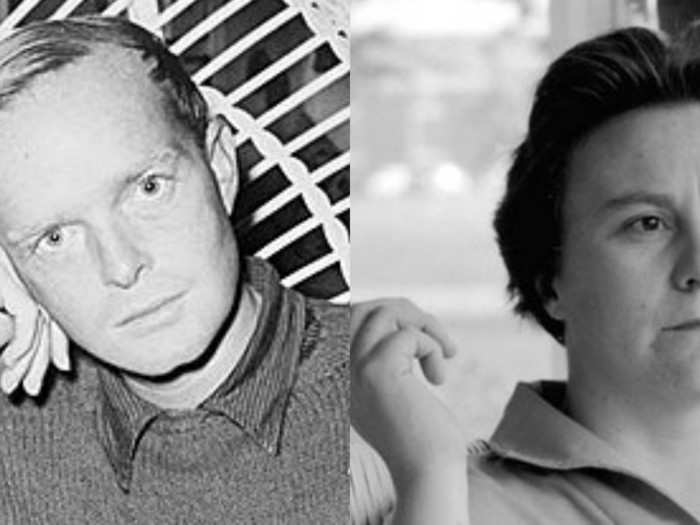
After spending some time in Kansas helping childhood friend Capote research "In Cold Blood," Lee returned to New York to finish up her first novel, which she published in 1960.
She never expected so many people to love her book.
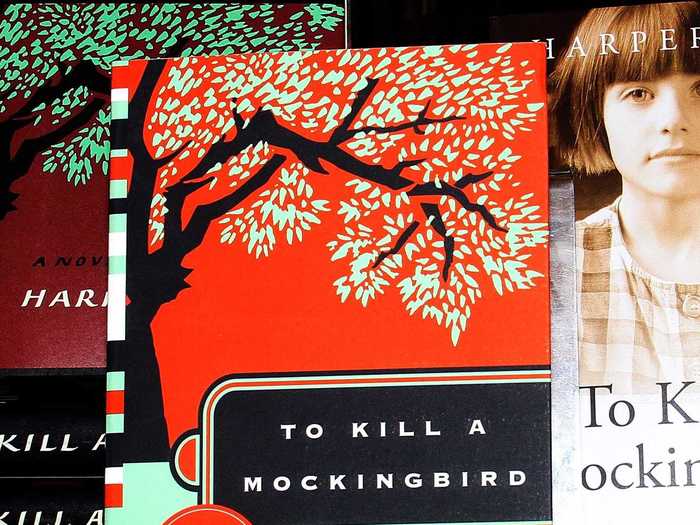
"No present-day reviewer can forget the summer storm that came, in 1960, with the release of this novel," Newquist said of Lee's book. "High praise was almost unanimous, both for the excellence of the book itself and for the welcome draught of fresh air that seemed to come with it."
"All the magic and truth that might seem deceptive or exaggerated in a factual account of a small town unfold beautifully in a new first novel called "To Kill a Mockingbird," read The New York Times review in 1960.
"Miss Lee's original characters are people to cherish in this winning first novel by a fresh writer with something significant to say, South and North," said the Times.
"It was like being hit over the head and knocked cold," Lee said of the critical acclaim.
Nor was she motivated by acclaim.
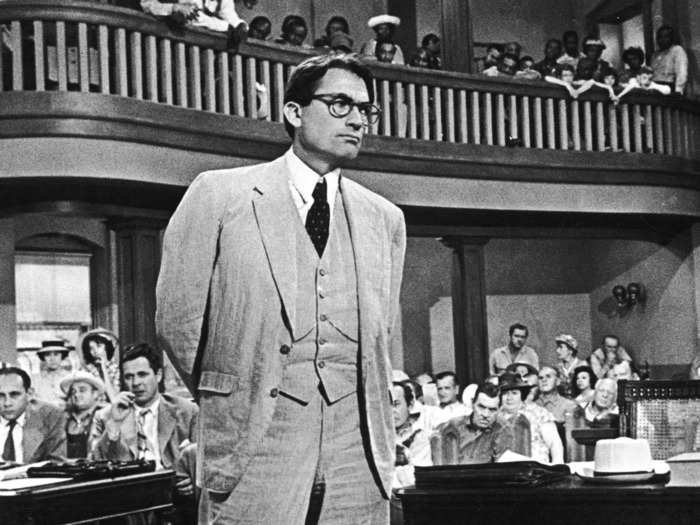
Lee didn't believe in writing for others — she wrote only for herself. "I don't believe this business of 'No, I don't write for myself, I write for the public.' That's nonsense. Any writer worth his salt writes to please himself," she said.
But that didn't stop generation after generation deriving valuable lessons from prose like, "You never really understand a person until you consider things from his point of view" and "The one thing that doesn't abide by majority rule is a person's conscience."
In the end, her work continues to touch the world in powerful ways.
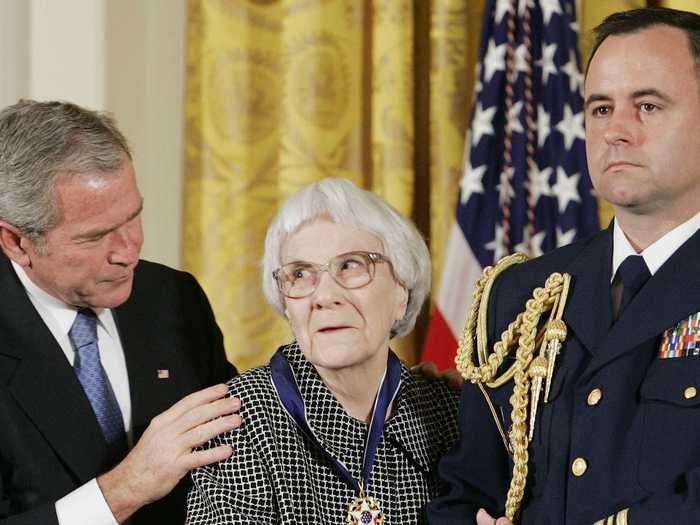
As President George W. Bush said while awarding Lee the Medal of Freedom, the highest civil honor that a President can bestow, "This daughter of Monroeville, Alabama, had something to say about honor, and tolerance, and, most of all, love — and it still resonates."
"To Kill a Mockingbird" has influenced the character of our country for the better. It's been a gift to the entire world," he said. "As a model of good writing and humane sensibility, this book will be read and studied forever," he said.
Popular Right Now
Popular Keywords
Advertisement